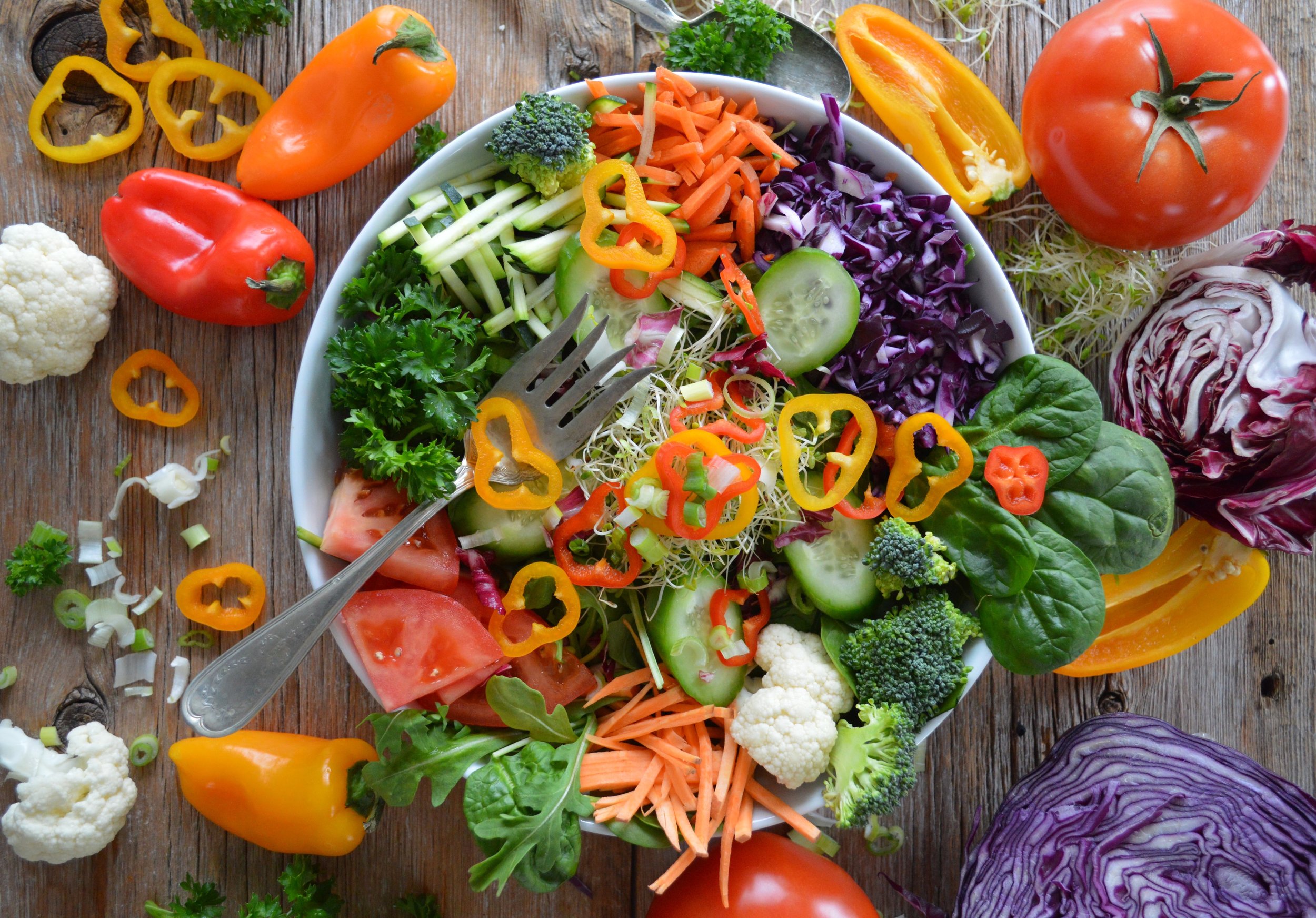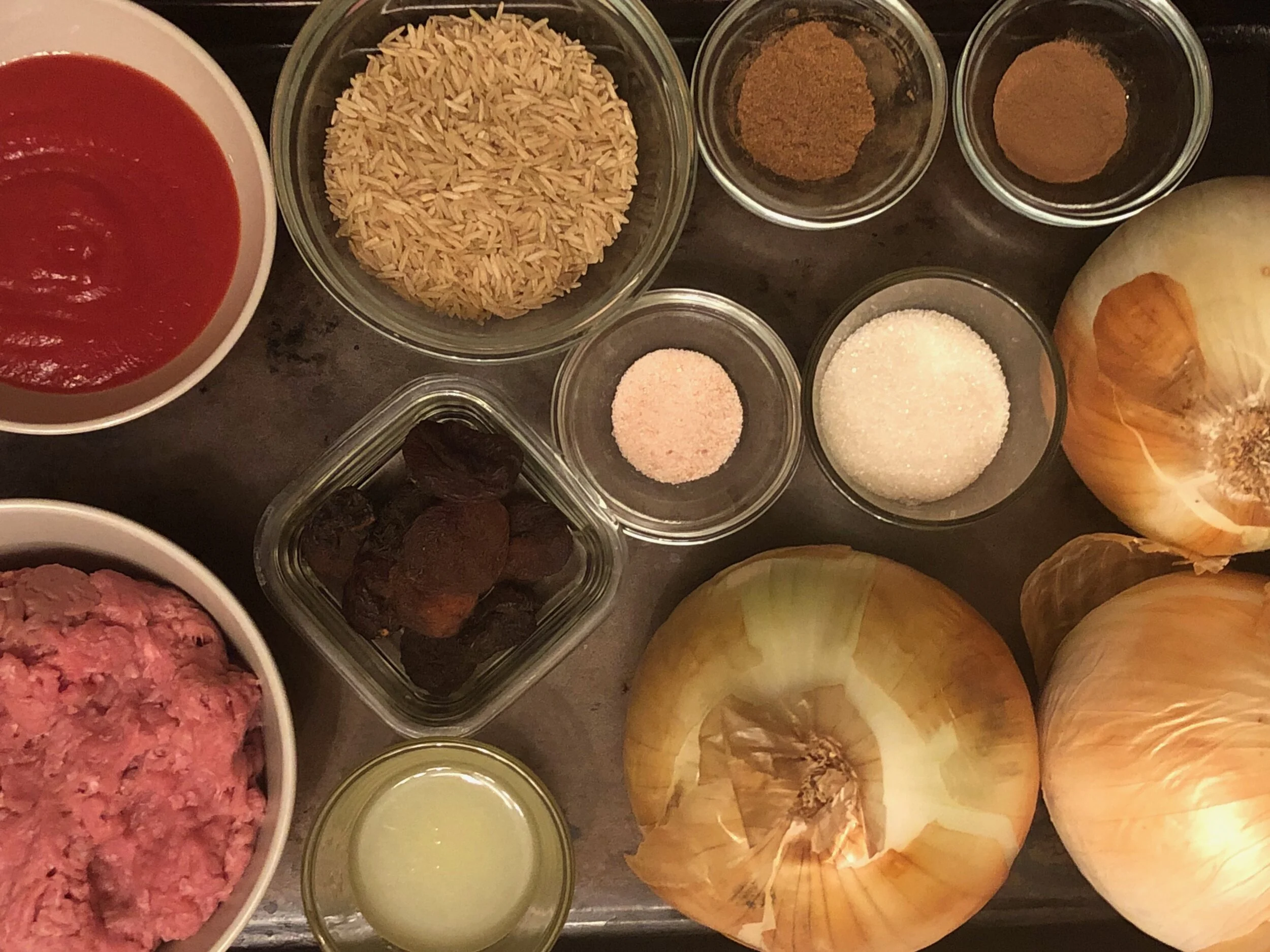Food Is Your Responsibility
/“The average person is still under the aberrant delusion that food should be somebody else’s responsibility until I’m ready to eat it.”
Eating in the United States is a simple act, mostly performed by third parties until the food is on your plate.
Much of this blog is about sourcing and preparing your own food. Yet, with the exception of Friday night and Shabbat meals, few people take the time to be in charge of what goes on their plates.
I make it a point to have two meals a day with my family: breakfast that the boys and I prepare before they go to school; and dinner, which my wife always cooks fresh. We take full responsibility for the preparation and for what goes into the dishes we eat. Before the cooking even happens, the entire family goes with me to the farmer’s market every Sunday morning and picks out what they want for the week. And mealtime isn’t just about the food. The bonds that we forge by interacting together are irreplaceable.
But our household goes against the grain of the cultural norm.
In 21st century supermarkets, convenient packaged kosher items are very easy to find: According to market research firm Mintel, more than 40 percent of new foods launched in 2014 claimed to be certified kosher. And over one million ingredients that come from suppliers of raw materials are certified kosher, translating to over 135,000 packaged items being certified kosher. With this many prepared and packaged options, it is obvious that eating kosher in the United States is a simple choice.
On the flip side, there is a perception that making your own food is not easy, affordable or accessible. Often, it is perceived as a privilege.
This is unfortunate.. Unless you live in an inner city “food desert”, where there is truly – and tragically – a lack of fresh and healthy food, cooking should be a habit that is practiced regularly in the household.
Cooking your own food is amazing. And doing so results in numerous positive benefits. On the other hand, not doing so has negative ramifications:
According to author and journalist Michael Pollan, “the decline of everyday home cooking doesn’t only damage the health of our bodies and our land but also our families, our communities, and our sense of how our eating connects us to the world.”
Dr. Mark Hyman goes a step further: “We have abdicated one of the essential acts that makes us human – cooking – to the food industry. Making our own food is essentially a political act that allows us to take back our power.”
The benefits are many:
You save money. Going out to eat (or ordering takeout) is expensive! And it is hardly ever healthy.
You get to practice meal prepping. Once you discover the dishes that you and your family enjoy eating – and the ones that you don’t – you can build simple meal planning menus. For instance, why not schedule a Taco Tuesday meal every week? Or establish that Sunday nights are for finishing Shabbat lunch leftovers? Every night does not need to have a theme but setting up a recurring schedule with thematic elements simplifies shopping, speeds up preparation and relieves stress.
You eat healthier, more nutritious food.
You feel better by providing yourself and your family with the most valuable health insurance policy of all: real and nutritious whole foods that build health rather than foster disease.
You decide which ingredients go into your food. You get to choose where your ingredients come from, which markets sell the best produce and which vendors you trust.
You transform the process of preparing a meal from a solitary chore into a family collaboration. Kids love to help, from picking out ingredients at the market to mixing, baking and cooking.
You take the power to influence your kids away from the food industry, the advertising industry and society as a whole. Your kids will model themselves after your choices. If they see you eating nutritious food, then that is what they will crave. The younger you start them on this path, the easier the transition and the more resiliently they will stick to these habits.
Most importantly, you re-establish the connection between the food you eat and the origin of that food.
Writer Jo White has an excellent and thoughtful blog post on Medium, entitled “Is the Kitchen Dead?”, about how, despite the advances in technology and convenience, cooking in the kitchen will remain a fundamental human behavior and people will still cook.
Once you take responsibility for cooking fresh, homemade food, you will no longer want to rely on the vast majority of packaged and processed foods on the market.



